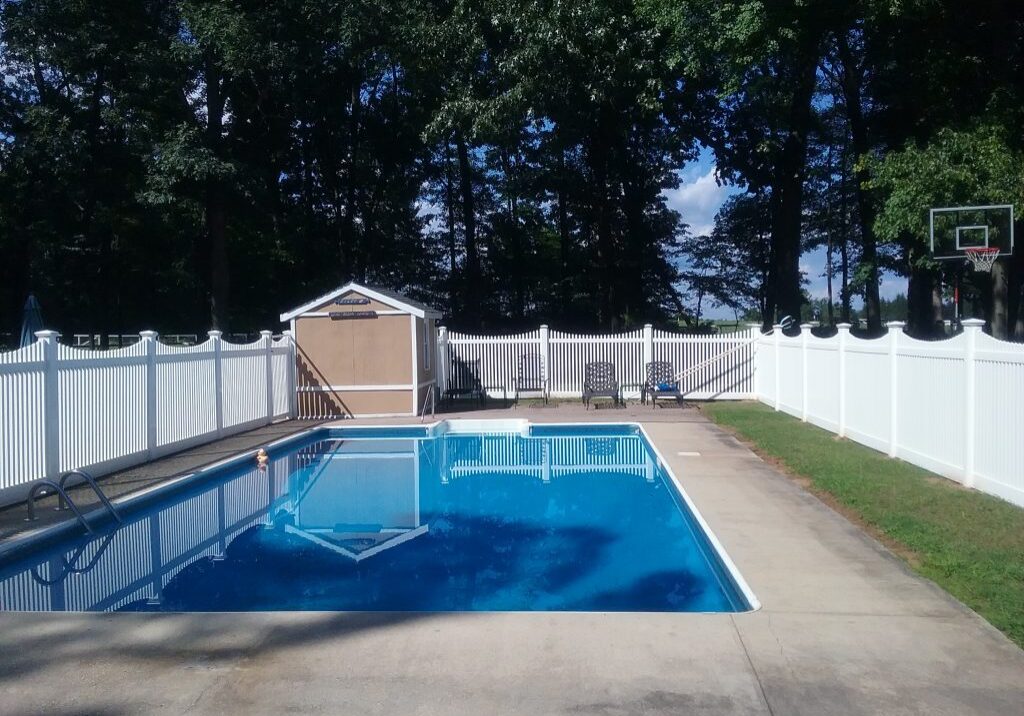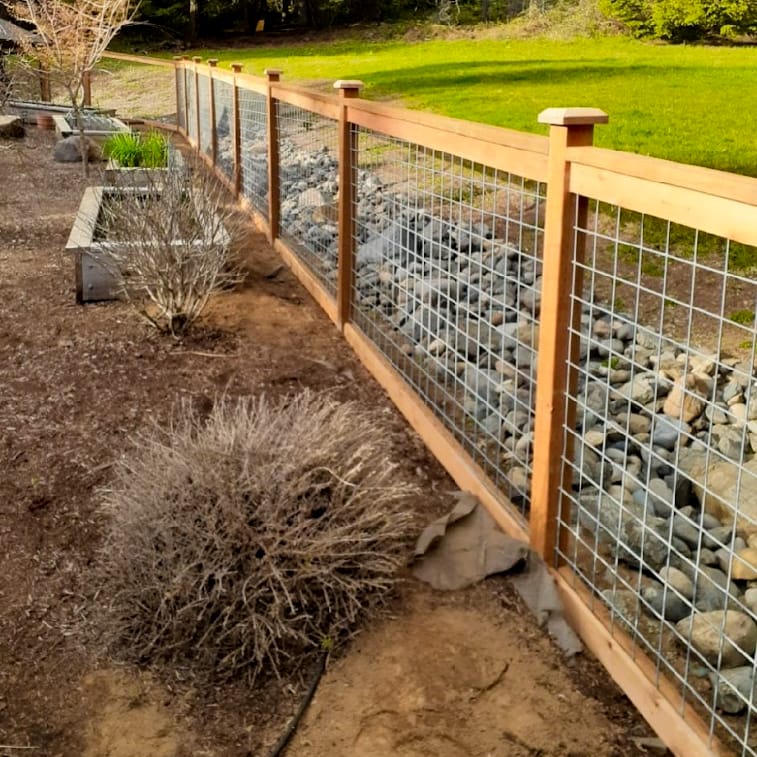All Categories
Featured

When mounting a fencing, selecting the ideal material is vital to balancing performance, appearances, and budget plan. Wood, vinyl, and light weight aluminum are among one of the most generally chosen fencing products, each with its staminas and disadvantages. This guide checks out the pros and disadvantages of these options to help you make an educated choice.

Wood Fencing. Pros:. Natural Appeal: Timber's timeless appeal can improve any type of residential or commercial property with its traditional and cozy appearance. Adjustable: You can repaint, stain, or carve timber to fit your design choices. Budget-friendly: Wood secure fencing is initially more affordable contrasted to a few other products. Ecologically Friendly: As an eco-friendly source, timber is biodegradable and often thought about green. Disadvantages:. Maintenance-Intensive: Normal securing, paint, or staining is called for to avoid damages from climate and pests. Prone to Decay: Without proper care, wood can rot, warp, or fracture over time. Much shorter Lifespan: Usually, timber fencings last 10-15 years, relying on the kind of timber and maintenance. Timber is a fantastic option for those who value appearances and want to invest in regular maintenance to protect its look and resilience.
Vinyl Fencing. Pros:. Low Maintenance: Plastic calls for marginal care-- simply periodic cleaning with soap and water. Climate Resistant: It does not warp, rot, or catch insect damages, making it very durable in different climates. Durability: Vinyl fences can last 20-30 years with little to no repair services. Style Range: Available in a wide variety of styles, shades, and structures, consisting of wood-like looks. Disadvantages:. Greater First Cost: Plastic fences are a lot more costly upfront compared to wood. Susceptability to Cold: In very winter, vinyl can become breakable and prone to splitting. Limited Fixing Options: Matching substitute panels can be testing if damage happens. Vinyl fence is suitable for house owners seeking a durable, low-maintenance service that provides modern-day convenience.

Light Weight Aluminum Secure Fencing. Pros:. Rust-Proof: Light weight aluminum resists rust, making it an excellent selection for damp or damp environments. Durable: In spite of being lightweight, aluminum is solid and can hold up against severe weather. Reduced Maintenance: It calls for marginal upkeep, generally just occasional cleansing. Long Lifespan: Aluminum fencings can last years without substantial degeneration. Sophisticated Style: Often utilized for decorative purposes, aluminum secure fencing adds a smooth, innovative aim to residential properties. Disadvantages:. High Initial Investment: Light weight aluminum fences are amongst the costlier choices on the market. Less Personal privacy: The open designs typical with aluminum fencing don't offer much personal privacy. Susceptible to Damage: While durable, light weight aluminum can damage if hit with enough pressure. Light weight aluminum is an outstanding choice for house owners focusing on appearances and durability without requiring much maintenance.
Making Your Decision. When making a decision between vinyl, aluminum, or timber fencing, consider your top priorities:
Timber fits those who appreciate an all-natural appearance and don't mind placing in upkeep initiative. Plastic is the most effective choice for those looking for a low-maintenance, weather-resistant remedy. Light weight aluminum supplies sleek style and resilient toughness however may lack privacy. By very carefully examining these materials' attributes, you can choose a fence that complements your property while fulfilling your useful and aesthetic requirements.
Latest Posts
Comparing Metal Roofing to Asphalt Shingles: What’s Best for Your Home?
Published Jan 20, 25
2 min read
Advantages of Chain Web Link Fence for Your Property
Published Jan 20, 25
1 min read
Seamless Bathroom Renovations by Bath Fitter
Published Jan 20, 25
0 min read